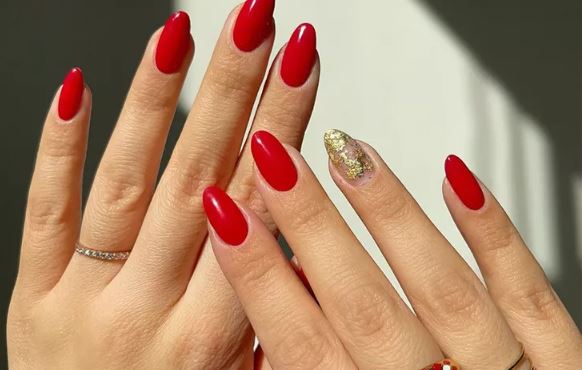Lifestyle
The risks of gel manicures and acrylic nails

The nail fashion industry is flourishing, with gel manicures and acrylic nails among the most popular trends.
However, while they may seem like a form of self-care, these treatments can harm natural nails and lead to unexpected health problems.
Acrylic nails are attached using nail glue, typically made from a mixture of alcohol, cyanoacrylate, photo-bonded methacrylate, and sometimes formaldehyde, which is a known carcinogen.
These chemicals can cause skin irritation, dermatitis, and even burns. In some cases, the surrounding skin can also be damaged by the glue.
Long-term use of gels and acrylics can lead to conditions like pseudo-psoriatic nails, where the skin under the nails thickens and takes on a red, flaky appearance, similar to psoriasis.
Severe allergic reactions can cause permanent nail loss, while others may suffer from peripheral neuropathy, which can cause tingling or numbness in the fingers, sometimes permanently.
There’s also a potential risk of skin cancer associated with UV nail lamps used to cure gel nails. These lamps emit UVA light, which hardens the gel, but frequent exposure over time increases UVA exposure to the skin.
The back of the hands, although somewhat UV-resistant, is often left unprotected by clothing and sunscreen, making it vulnerable to UV damage.
Removal of gels and acrylics can be equally harmful. Even gentle removal can strip away fragments of the nail plate, weakening the natural nails and making them brittle.
The chemicals used in the removal process, like acetone, can dry out both the nails and surrounding skin, and may even be absorbed into the bloodstream.
Overfiling during removal can lead to stripes on the nails and damage to the capillaries underneath.
Leaving false nails on too long can trap moisture underneath, creating a breeding ground for fungal infections. These infections can often go unnoticed as the acrylics conceal the changes in the natural nails.
For those who enjoy manicures, it might be wise to skip the gels and acrylics and focus on caring for natural nails.
Keeping them visible allows for early detection of any changes that might indicate health issues, such as fungal infections or even signs of heart disease.






